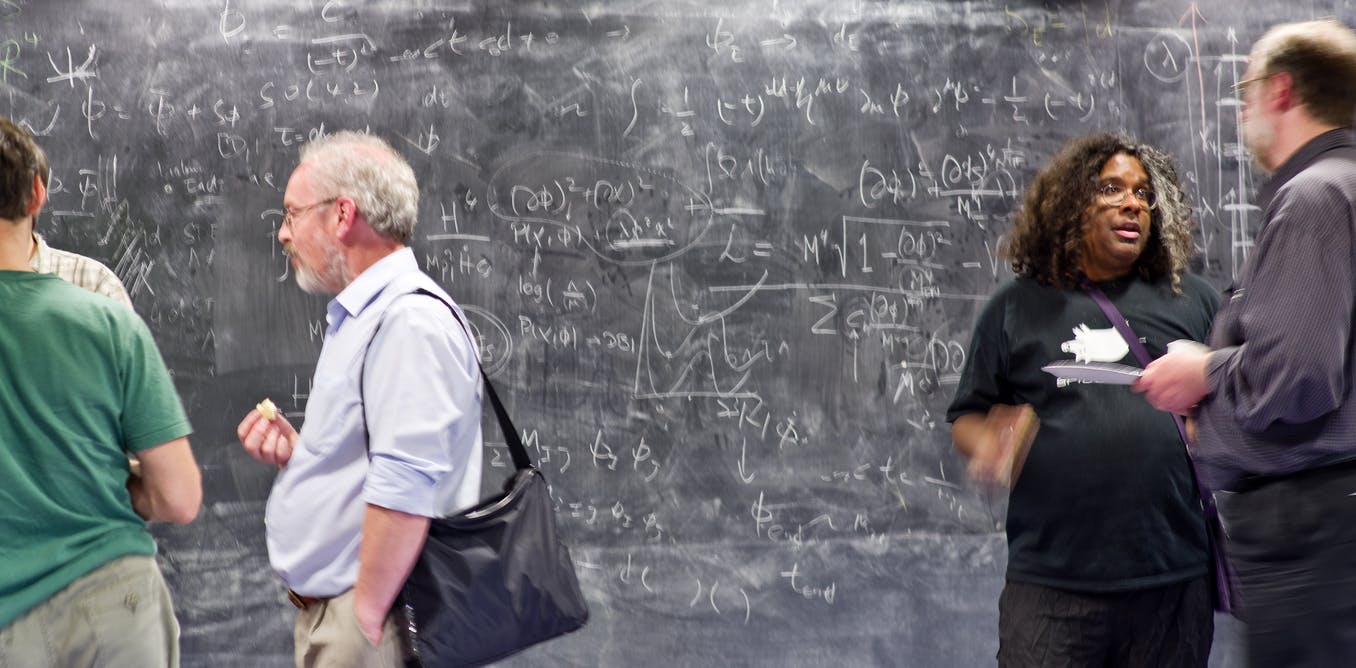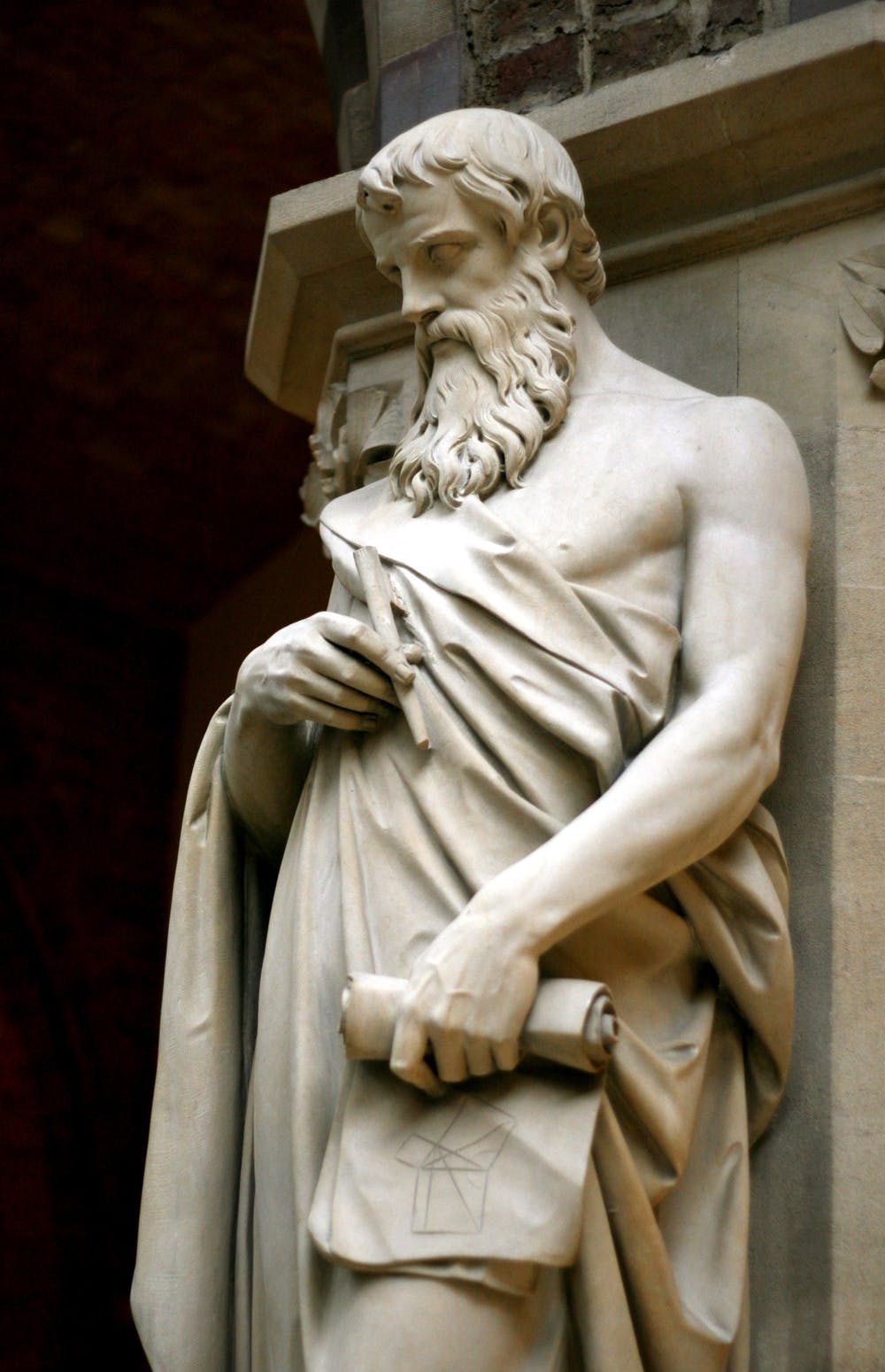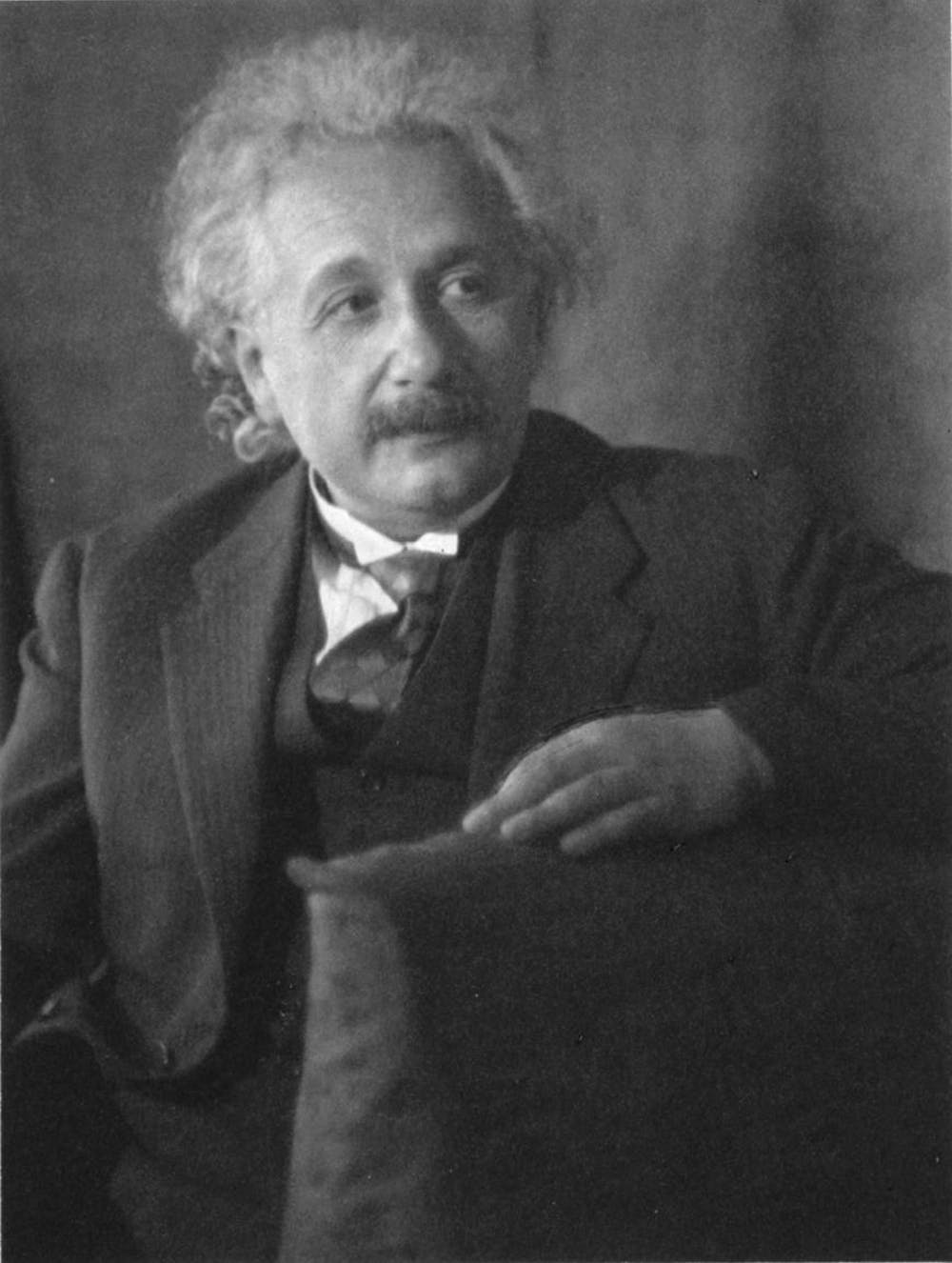Evidence in science? They are not
- Transfer
What do we really mean by research, and how does it help get information to understand things? People awaiting evidence in every scientific study will be severely disappointed.

For me, as for astrophysics, science is what I live for. Most of the information read and heard by me is expressed in scientific language, which for the uninitiated may seem no more than jargon and gibberish. But one particular word is rarely found in conversations and in texts about science - and this word is “proof.” In fact, science does little to “prove”.
These words could cause an expression of surprise on your face, especially because the media constantly tells us how science proves this or that, some serious things with far-reaching consequences - like, for example, that turmeric is supposedly able to replace 14 drugs - or more frivolous things, like the fact that scientists have proven that mozzarella is the perfect cheese for pizza.
Surely science has proven these and many other things? And no!
Way math
Mathematicians prove things, and that means something very definite. Mathematicians put forward a certain set of basic rules, axioms, and determine which statements are true within the framework of this platform.

Euclidean statue with some interesting addition to the scroll.
One of the most famous platforms is the ancient geometry of Euclid . With a small set of rules defining an ideal flat space, an incalculable number of children have been sweating over the past few thousand years over the proof of the Pythagorean theorem concerning the interrelations of the sides of right-angled triangles, or that the line intersects a circle in no more than two places or above a mountain assertions that are true under the Euclidean rules.
And if the world of Euclid is ideal, is determined by straight lines and circles, then the Universe in which we live is not at all like that. Geometric figures drawn in pencil on paper are just an approximation of that Euclidean world where true statements are absolute.
Over the past few hundred years, we began to realize that geometry is not such a simple thing as Euclid described it, and such great mathematicians as Gauss, Lobachevsky and Riemann presented us with the geometry of curves and rolled surfaces.
In non-Euclidean geometry there is a new set of axioms and basic rules, and a new set of statements relating to absolute truth, which we can prove. These rules are extremely useful for guiding on this, almost round, planet. One of the many great achievements of Einstein was that he showed how curved space-time can explain gravity.
However, the mathematical world of non-Euclidean geometry is pure and perfect, therefore it is only an approximation to our slovenly world.
What is science?
But in science there is mathematics - you shout! I just read lectures on magnetic fields, linear integrals and vector numbering, and I am confident that my students will readily agree that science is full of mathematics.

Albert Einstein
And the approach is the same as in mathematics: determine the axioms, study the consequences.
The famous Einstein E = mc 2 , derived from the postulates of how the laws of electromagnetism are perceived by various observers, his special theory of relativity, is an excellent example of this approach. But such mathematical proofs are only part of the history of science.
The important part, the one that defines science, is whether such mathematical laws are an exact description of the Universe we observe. And to answer this question, we need to collect data using observations and experiments with natural phenomena, and then compare them with mathematical predictions and laws. And the main word in all this enterprise is “evidence”.
Scientific Detective
The mathematical part is clean and clear, and observations and experiments are limited by technology and uncertainties. The comparison of these two areas is wrapped in a mathematical area of statistics and conclusions.
Many, but not all, rely on a certain approach to this problem, known as the Bayesian conclusion , which allows us to include evidence obtained from observations and experiments in the area known to us, and to update our conviction in a certain description of the Universe.

For these apples, one way is down.
Conviction in this case means how confident you are that a particular model is an accurate description of nature, based on what you know. This is a bit like placing a bet on a particular result.
Our description of gravity looks pretty good, so all the chances are that the apple from the branch will fall to the ground. But I have less confidence that electrons are tiny loops of strings rotating and spinning in a circle, as the superstring theory suggests, and the chances are only a thousand to one that she will be able to provide an accurate description of future phenomena.
Therefore, science is more like an ongoing trial, in which the jury is offered an ongoing stream of evidence. But there is not a single suspect, and they are regularly provided with more and more new ones. In light of the available evidence, the jury constantly updates their views on who is responsible for the data.
And they never endure a final verdict of guilt or innocence, because the evidence is collected all the time, and all new suspects are held in court. All that a jury can do is decide whether one suspect is guilty more than another.
What has science proved?
In the mathematical sense, despite all the years of research on how the universe works, science has not proven anything.

On this place on April 1, 1780 nothing happened.
Every theoretical model is a good description of the Universe around us, at least in some useful range of scales.
But the study of new territories reveals to us the flaws that lower our belief that a certain description will continue to accurately represent what is happening in our experiments, while our faith in alternative descriptions can grow.
Will we finally know the truth, and will we discover the laws that truly govern the processes of the universe? Although our degree of trust in some mathematical models can become more and more, without an infinite number of tests, how can we be sure that they are reality?
I think it would be better to leave the last word to one of the greatest physicists, Richard Feynman, explaining what it means to be a scientist: "I have approximate answers and possible beliefs of varying degrees of certainty about different things, but absolutely I am not sure of anything."
